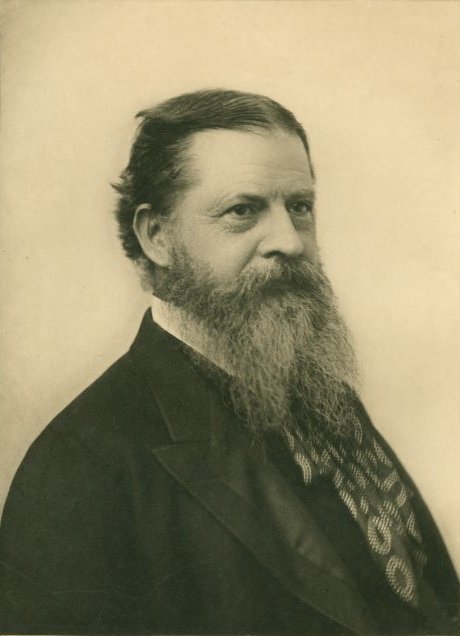Zdroj: A Neglected Argument for the Reality of God (1908), V
Kontext: My original essay, having been written for a popular monthly, assumes, for no better reason than that real inquiry cannot begin until a state of real doubt arises and ends as soon as Belief is attained, that "a settlement of Belief," or, in other words, a state of satisfaction, is all that Truth, or the aim of inquiry, consists in. The reason I gave for this was so flimsy, while the inference was so nearly the gist of Pragmaticism, that I must confess the argument of that essay might with some justice be said to beg the question. The first part of the essay, however, is occupied with showing that, if Truth consists in satisfaction, it cannot be any actual satisfaction, but must be the satisfaction which would ultimately be found if the inquiry were pushed to its ultimate and indefeasible issue. This, I beg to point out, is a very different position from that of Mr Schiller and the pragmatists of to-day. I trust I shall be believed when I say that it is only a desire to avoid being misunderstood in consequence of my relations with pragmatism, and by no means as arrogating any superior immunity from error which I have too good reason to know that I do not enjoy, that leads me to express my personal sentiments about their tenets. Their avowedly undefinable position, if it be not capable of logical characterisation, seems to me to be characterised by an angry hatred of strict logic, and even some disposition to rate any exact thought which interferes with their doctrines as all humbug. At the same time, it seems to me clear that their approximate acceptance of the Pragmaticist principle, and even that very casting aside of difficult distinctions (although I cannot approve of it), has helped them to a mightily clear discernment of some fundamental truths that other philosophers have seen but through a mist, and most of them not at all. Among such truths — all of them old, of course, yet acknowledged by few — I reckon their denial of necessitarianism; their rejection of any "consciousness" different from a visceral or other external sensation; their acknowledgment that there are, in a Pragmatistical sense, Real habits (which Really would produce effects, under circumstances that may not happen to get actualised, and are thus Real generals); and their insistence upon interpreting all hypostatic abstractions in terms of what they would or might (not actually will) come to in the concrete. It seems to me a pity they should allow a philosophy so instinct with life to become infected with seeds of death in such notions as that of the unreality of all ideas of infinity and that of the mutability of truth, and in such confusions of thought as that of active willing (willing to control thought, to doubt, and to weigh reasons) with willing not to exert the will (willing to believe).
